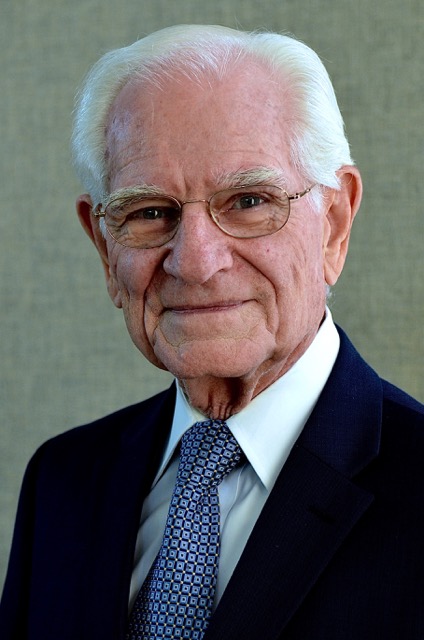
Gene Mulligan, UU Church of Arlington
Much of the impetus for the Trump and Sanders campaigns is said to stem from voters who are angry about their declining economic circumstances. Income and wealth inequality are growing in our country. What should be done about it?
French economist Thomas Piketty writes that the tendency for wealth to accumulate in fewer and fewer hands is natural under the free market conditions existing before World War I and in recent decades. In his recent book, Capital in the Twenty-First Century, he argues that governments need to tax their citizens’ incomes more progressively to counter wealth concentration. He also recommends that governments strengthen estate taxation and institute annual wealth taxation. He notes that wealth is subject to annual taxation in a number of European countries. Except for estate taxes, however, real estate taxes are the only form of wealth taxation permitted under current US law.
An excellent web site for background and comprehensive discussion of economic inequality is www.polzercapital.com. I also commend a recent book by Chuck Collins, 99 to 1: How Wealth Inequality Is Wrecking the World and What We Can Do About It.
But economic inequality is not a new issue. In his 1991 book How Much Do We Deserve: An Inquiry into Distributive Justice, UU minister Richard Gilbert righteously affirmed society’s moral obligation to enable all to share in the wealth and welfare of human communities. He rightly condemned the coexistence of excessive affluence with poverty and deprivation in our wealthy societies.
Is it any of our business when the wealthy make unrestrained use of irreplaceable resources by excessive travel and maintaining private aircraft and yachts? Is it any of our business when a substantial percentage of our children are undernourished and many people are homeless? Yes, it is our business, the more so if we fear for the sustainability of our democracy and way of life.
Embedded in our UU seven principles are these words: “the inherent worth and dignity of every person,” “justice, equity, and compassion in human relations,” and “the goal of world community with peace, liberty, and justice for all.” Thus we are called to political activism as advocates (1) for more progressive taxation and against abolition or weakening of the estate tax on large fortunes and (2) for the support of existing and new measures to ease the plight of the unfortunate and equalize educational opportunities for the young.
As a young Catholic boy I learned the importance of practicing personal charity toward the poor and unfortunate; there were many examples around me in the depression era when I grew up. Thus I see us all, rich and middle class alike, called to share our personal good fortune not only with neighbors and friends, but also with strangers who need our compassion and help.

